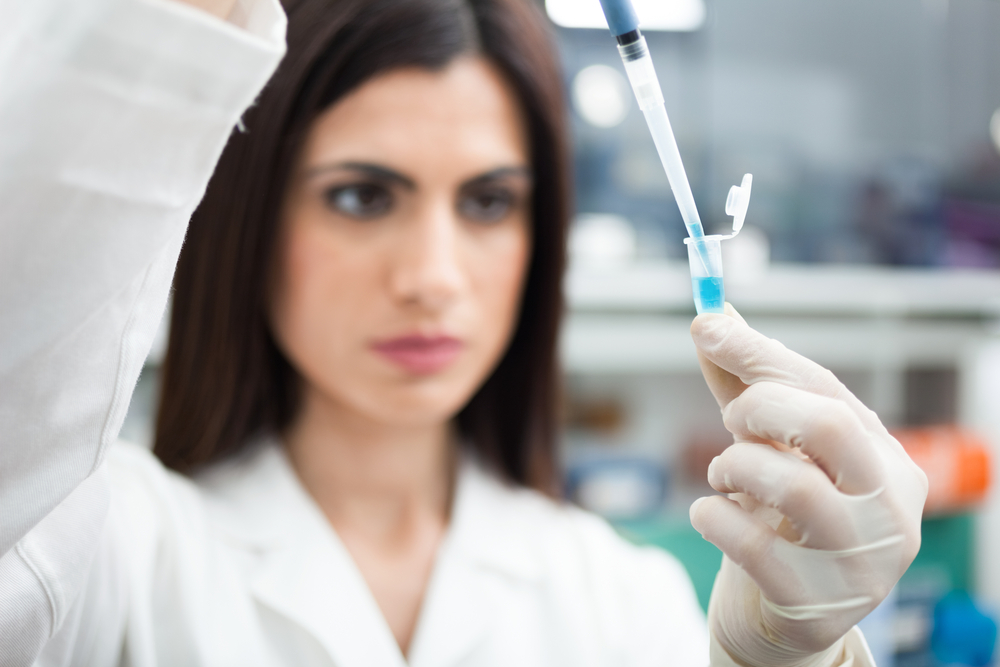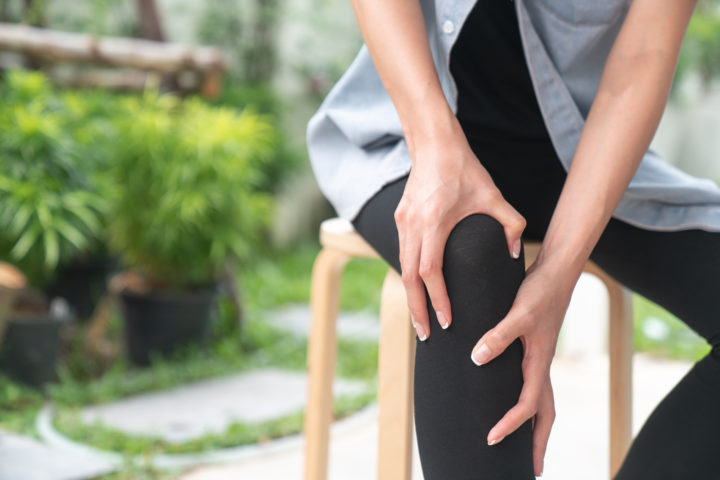What is peri-menopause?
Peri-menopauseis the time of hormonal confusion. It happens when your ovaries do not function consistently and upset your normal hormonal rhythm. Peri-menopause usually strikes 1-2 years closer to menopause, but for others it can happen much earlier. Symptoms are erratic and disruptive. Peri-menopause tends to be the beginning of menopause. At the same time, the 40s can be a difficult decade for women, between dealing with challenging teenagers, divorce, changes in self-esteem, body image and other midlife stresses. For those unlucky women that start to experience peri-menopause prematurely, symptoms include:
- Irregular, erratic and heavy periods
- Night sweats and hot flashes
- Mood swings with depression and anxiety
- Short-term memory loss
- Low sex drive (libido)
How is Peri-Menopause Diagnosed?
It’s important to see your health care provider to make sure these symptoms are not due to other medical conditions such as a premenstrual syndrome (PMS), thyroid disorder, depression or early Alzheimer’s. A thorough medical history, a complete blood panel and a pelvic ultrasound should be performed to make the final diagnosis. If these medical conditions have been properly ruled out, then peri-menopause is the most likely diagnosis to explain the symptoms that you’re experiencing.
Treatment and Tips for Peri-Menopause
Periods
For heavy and irregular periods, the best treatment tends to be hormonal:
- Low dose oral contraception is at the top of list to control your periods best. There are many different pills available, so if the side effects make you feel awful, then keep switching until you find the right one.
- Cyclic progesterone
- The IUD with progesterone (Mirena)
- Hormone replacement therapy (HRT)
- Non-hormonal alternatives include acupressure and herbal therapy.
Mood Swings
Antidepressants are effective in controlling depression, anxiety and panic attacks. Seeing a therapist will give you added support. Exercise should be part of your daily routine. When you exercise, there is a release mood boosting endorphins and serotonin which are the “feel good” hormones.
Low Sex Drive (Libido)
Testosterone therapy may be helpful for low libido. Vaginal lubricants such as KY and extra virgin coconut oil help a dry vagina. Getting control of your irregular bleeding and emotional distress is also helpful in regaining your interest in being sexual active and intimate.
Reassurance
Athorough explanation about what is happening physiologically gives you a better understanding of this normal period for many women. There are support groups that can help you through this temporary time of your life.
Peri-menopause can be a challenging and confusing time in a woman’s life. Just know that there are helpful remedies and sensible solutions. It’s always best to follow up with your health care provider so you don’t feel as though you are going crazy!
Have a question for one of our experts? Email support@helloflo.com.
Cover image courtesy of Shutterstock.





comments